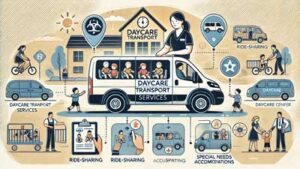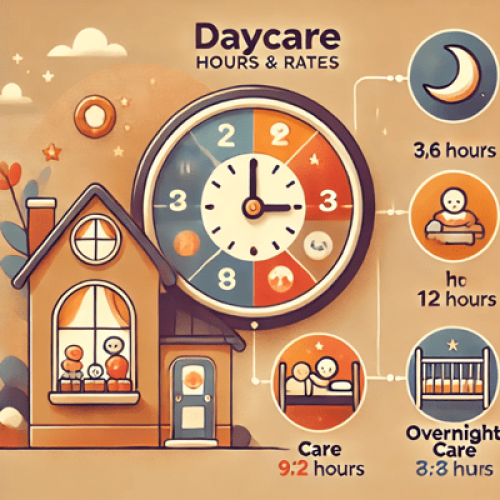
Reliable Daycare Transport Services for Busy Families
Discover daycare transport services that ensure safe and convenient travel for children, providing peace of mind for busy parents.


Discover daycare transport services that ensure safe and convenient travel for children, providing peace of mind for busy parents.

Discover how daycare tuition is structured and how early childhood studies programs benefit your child’s development, helping parents make informed choices for quality education and care.

Learn how daycare timing services provide parents with the flexibility to manage childcare schedules, offering solutions that fit their busy lives and work commitments.

Discover a range of daycare service packages, designed to meet diverse family needs with flexible schedules and affordable pricing.